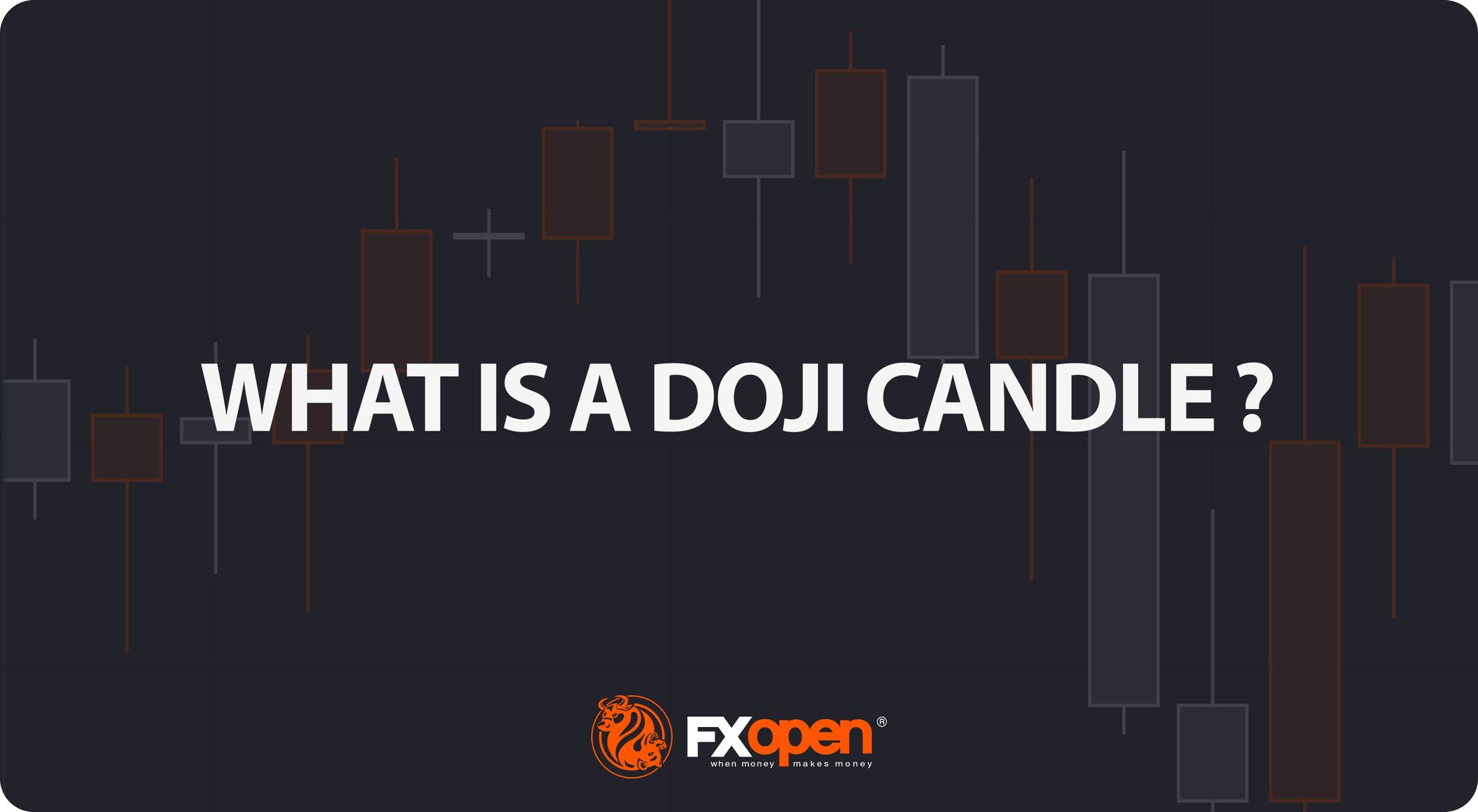FXOpen

The FTSE 100 index has hit the buffers after a strong performance over the past few months.
Last year, when the FTSE 100 index rose above the 7,000 mark, it was the subject of mass discussion on the global news channels, however it did not stop there.
By February this year the FTSE 100 had climbed to over 7,600 points and had not shown any sign of slowing down, which is remarkable considering the economic climate and the levels of volatility that have taken place in certain sectors which have a number of participants included within the FTSE 100 index including airline companies and large hospitality firms which faced a major challenge in recovering from lockdowns and travel bans.
By March, the period of unprecedented highs was over. The FTSE 100 crashed suddenly to below 7,000 points on March 4 in a sudden wave of volatility, but this dip to below the 7,000 mark was short lived.
Just a few weeks later, London's most prestigious index was back up to over 7,600 points, however this time it seems that confidence is not as strong as it had been during the all-time highs of the last quarter of 2021.
At close of business yesterday, the FTSE 100 was down to 7,386 points, and has been lingering at a low point since Monday, when it began trading at 7,354.
This shows that the FTSE 100 is down 2.83% over the past 5 days, and 1.16% over the past month, and although it is still up compared to the sudden bout of volatility in early March, it's still a slump.
Some analysts are attributing this to the lockdowns in China which have meant that anyone traveling to or from parts of the nation are subject to mandatory tests, and in some cases, commercial buildings are out of bounds, causing Asian stocks to fall and having some effect on the FTSE 100 as supply chain concerns arise.
Another perspective is that the demand for oil has tailed off slightly because of lockdowns in major citis in China, and China is the world's largest importer of oil. The result is that Brent crude futures fell 5% to below $102 a barrel and shares in miners, oil majors and Asia-focused companies including Burberry fell sharply in London.
It is clear that government-led lockdowns of businesses in important industrial and commercial regions of the world are considerable contributors to stock market volatility, and this week's doldrums is a case in point.
This article represents the opinion of the Companies operating under the FXOpen brand only. It is not to be construed as an offer, solicitation, or recommendation with respect to products and services provided by the Companies operating under the FXOpen brand, nor is it to be considered financial advice.
Stay ahead of the market!
Subscribe now to our mailing list and receive the latest market news and insights delivered directly to your inbox.








